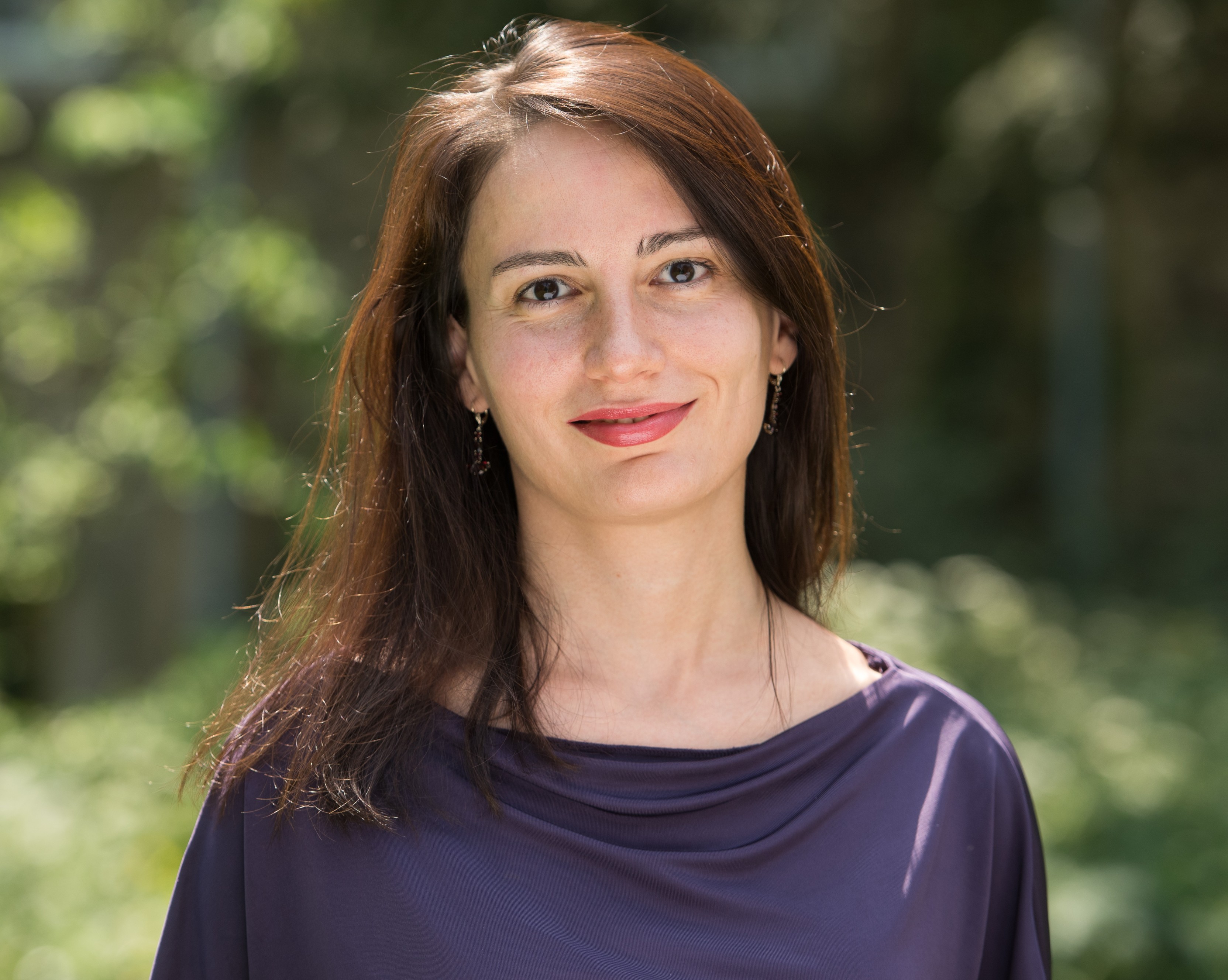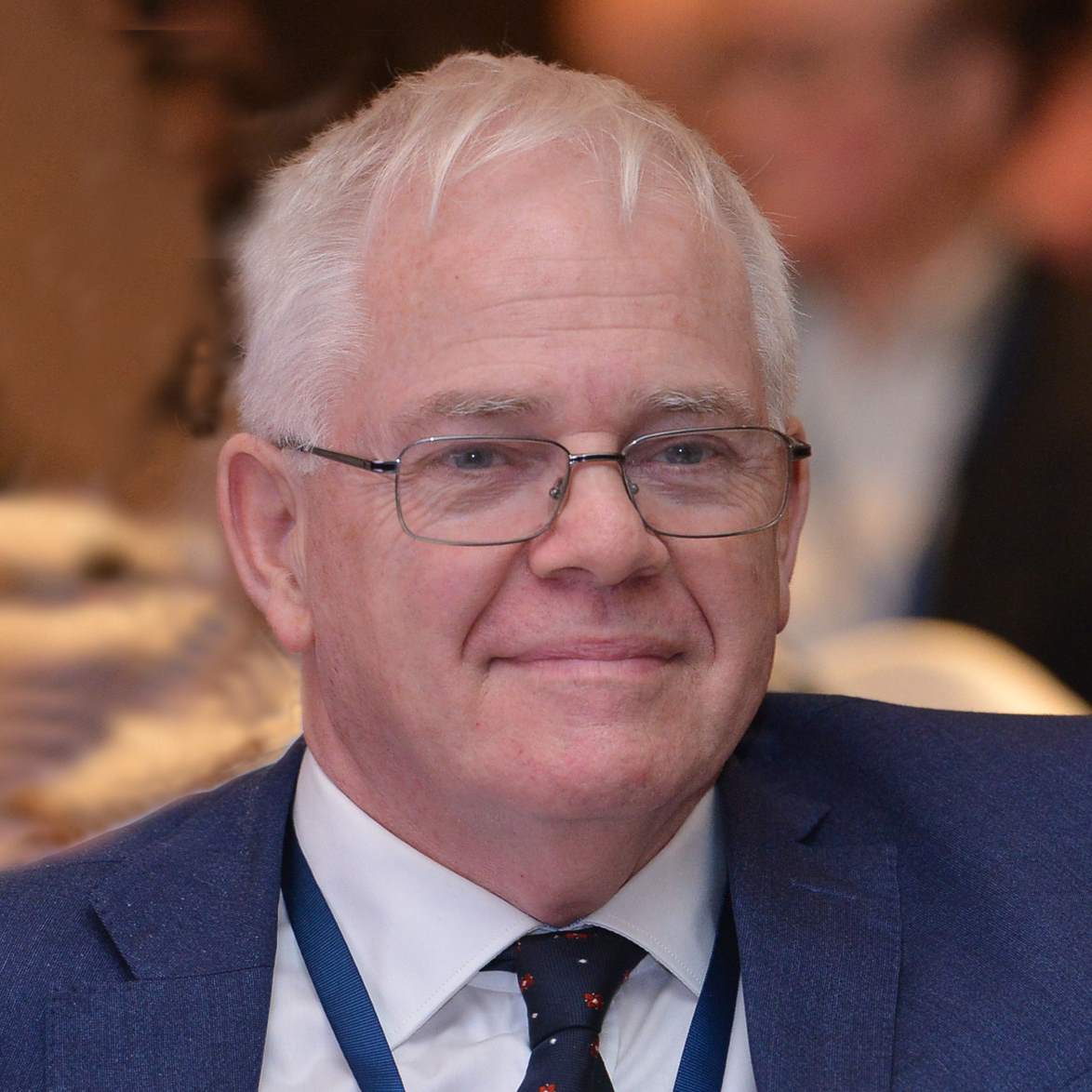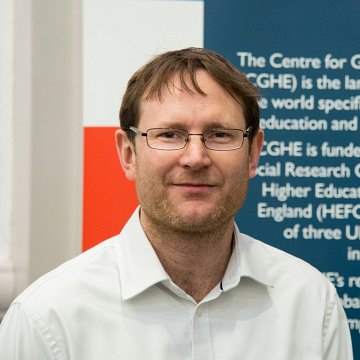CGHE series on international and global higher education – seminar 1: International development in higher education

What is the international or global space in higher education and how do we understand it? Scholar-researchers apply a range of disciplinary lenses and methods. Geography plays a key role in many but not all studies of student mobility or global science. Others analyse these dynamics through an economic or policy studies or linguistic frame. Some are hunting for an elusive universal perspective, others are very mindful of national or cultural differences. Some are especially attentive to the challenges facing education in emerging countries. Some look for signs of their own country everywhere they look, others are fascinated by what they see as foreign exotica, others are post-colonial. Many who research ‘internationalisation’ as student mobility and other cross-border connections, or work on ‘global competences’, don’t necessarily research comparative education in a rigorous manner, or take account of the literature on development education. The interesting and productive differences between an ‘international’, ‘comparative’ and a ‘global’ perspective are rarely discussed.
These differences shape the contents and impacts of higher education research and scholarship. The contrary knowledge produced in this field shapes our global imagining in fragmented ways – is the diversity always fruitful? Should we work to develop a common view? This series will explore six different approaches to imagining and investigating international higher education, highlighting similarities and differences between them, and drawing the participant audience into active discussion.
The four-week CGHE Seminar series on international and global higher education starts with Maia Chankseliani and Tristan McGowan on international development in higher education. The event will be chaired by Simon Marginson.
Details of other seminars in the series here.
International development space in higher education
Maia Chankseliani
View presentation slides here.
Higher education is a vibrant and growing field of studies within social sciences. Higher education scholarship frequently frames the subject of its study as ‘international’, ‘comparative’ or ‘global’ and in this respect overlaps with a sister field of comparative and international education. As a scholar working at the intersection of these two fields, I recognise that the following three spaces within the field of higher education studies – international, comparative and global – have never been clearly delineated. The diversity of spaces within the field of higher education can be explained, among other factors, by the eclecticism of the field that builds on the intellectual contributions from education studies, history, economics, sociology, linguistics, geography, business and management studies, political science, philosophy, anthropology, psychology. This presentation starts by offering a broad conceptualisation of the international (development) space within the field of higher education studies. An overview of definitional issues, that is embedded in the historical origins of the interest in international development, is followed by the explanation of key theoretical approaches, disciplinary lenses, main areas of research, and methodologies pertaining to international development higher education. Various actors working in this space and the academic publications covering the space are also overviewed. At the heart of international development higher education is the assumption that the world can be made better by human effort invested in higher education. The presentation examines this assumption by addressing the following three questions: What do we know on higher education’s contributions to international development? What kind of development? What kind of higher education institutions have been assumed to be central to development?
The higher education – international development nexus
Tristan McCowan
The relationship between higher education and the development of societies is commonly viewed as being straightforward and linear, with the former driving the latter at the individual level through human capital development, and at the collective level through advancements in science and technology. Yet these are just part of a series of complex relationships. This presentation starts by reviewing the state of play of existing theoretical and empirical literature on higher education in international development, before proposing new ways of framing the field. The main distinction is between the instrumental and constitutive roles of higher education. The former includes the economic rationales outlined above, but also a range of non-economic outcomes including the political ones of educating a critical and active citizenry. It is important to acknowledge that the causal relationship may go the other way, with development driving higher education expansion. Higher education also has a constitutive role when a world-class higher education system is seen to confer developed status, if it is seen as upholding human rights or being part of human development. While the above assume a positive relationship, it is also important to acknowledge potential pernicious influences, such as exacerbation of inequalities and fostering of conflict. However, the most elusive and potentially most generative role of universities is in contributing to deliberation over and construction of our very conception of what development is. These ideas will be illustrated through a range of examples from Latin America and Sub-Saharan Africa, and an assessment of the policies of influential international organisations. The implications of these heterogeneous roles for contemporary supranational and national policy in higher education will also be drawn out.



